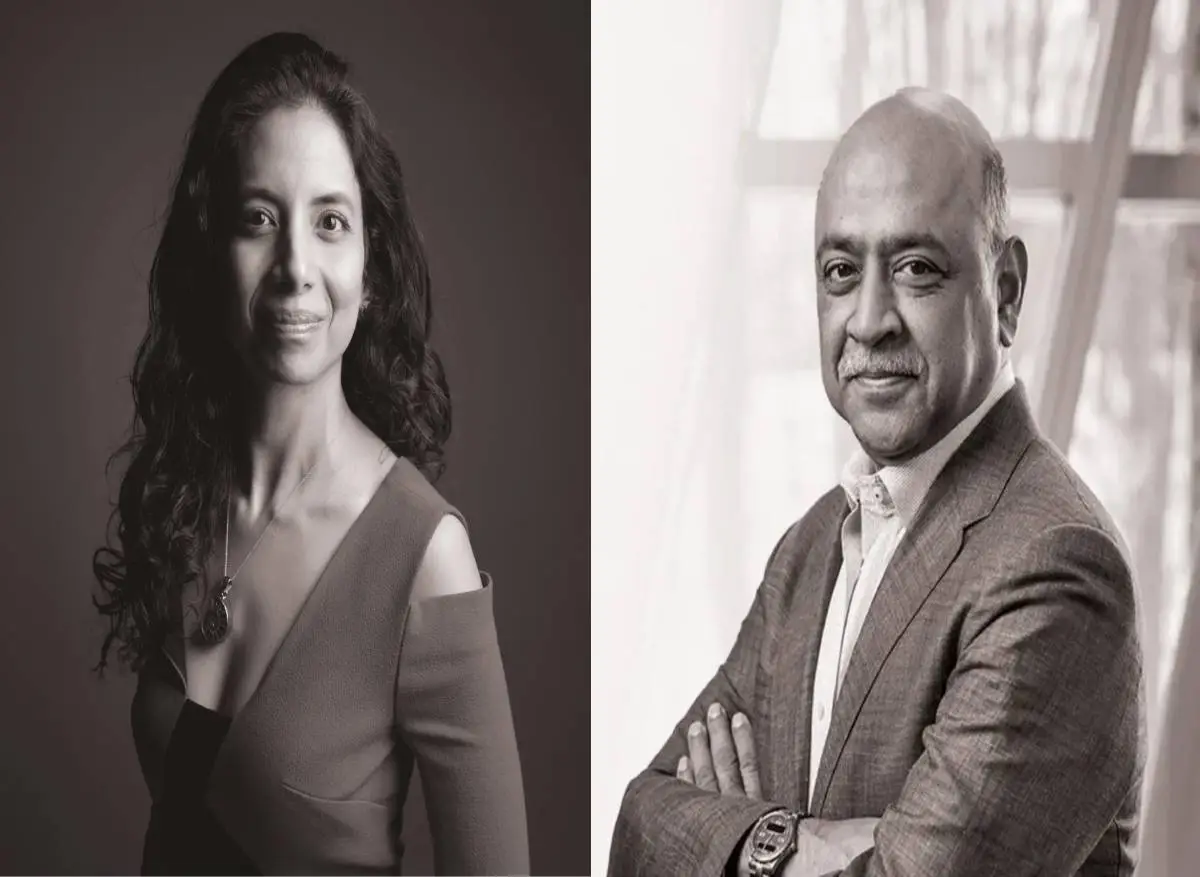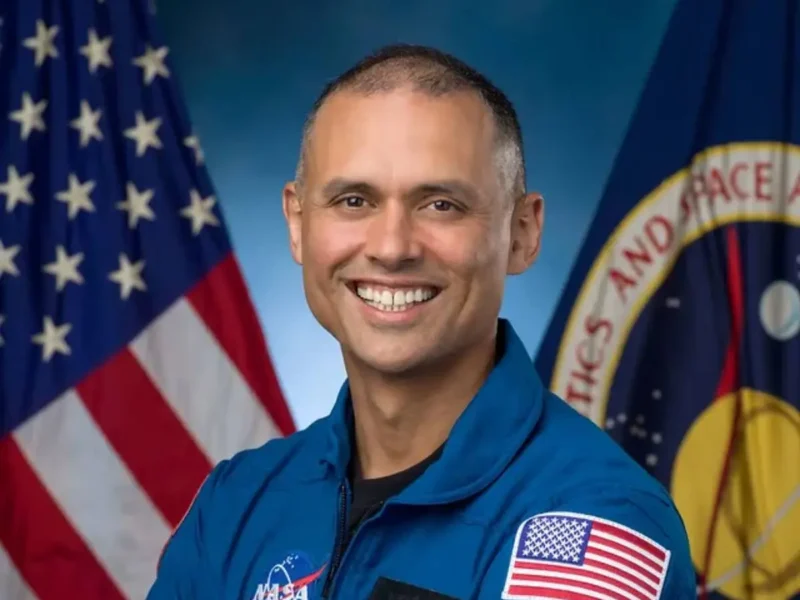
Caltech’s Anima Anandkumar, Arvind Krishna Of IBM Among TIME’s AI Impact Award Winners
Photos: TIME
India-West News Desk
NEW YORK, NY – Two Indian Americans, Arvind Krishna and Anima Anandkumar, have been recognized among the winners of the 2025 TIME100 AI Impact Awards, which honor global leaders shaping the future of artificial intelligence. The award, introduced in 2022, celebrates individuals who are using AI to revolutionize industries, solve complex problems, and drive meaningful change. The next TIME100 Impact Awards ceremony will be held on February 10 in Dubai.
Anima Anandkumar: Pioneering AI for Scientific Discovery
Caltech professor Anima Anandkumar is at the forefront of integrating AI with scientific research, accelerating discoveries across physics, medicine, and climate science wrote Tharin Pillay. Her work centers on “neural operators,” a revolutionary AI framework that models complex physical systems with unparalleled speed and accuracy. Unlike traditional numerical methods, her models learn from data while incorporating fundamental physics principles, making them significantly faster and more efficient.
Anandkumar’s breakthroughs include the AI-driven weather model FourCastNet, which generates highly accurate week-long forecasts in seconds—thousands of times faster than conventional models. The technology has already proven its value in predicting extreme weather events like Hurricane Beryl in 2024.
Her AI-driven simulations extend to nuclear fusion, where she and her team collaborated with the U.K. Atomic Energy Agency to model plasma behavior a million times faster than existing techniques. This innovation helps predict and prevent potentially disastrous disruptions in fusion reactors, bringing the world closer to sustainable clean energy.
Beyond physics, Anandkumar’s AI models have made significant contributions to healthcare. In 2023, she helped design a catheter that reduces bacterial contamination a hundredfold, potentially lowering the risk of infections for over a million patients annually. Her approach, combining AI-driven design with scientific principles, is reshaping how researchers innovate across multiple fields.
Arvind Krishna: Steering IBM Toward Specialized AI
IBM CEO Arvind Krishna has positioned the company as a leader in specialized AI, prioritizing efficiency and targeted applications over the massive, resource-intensive models favored by competitors like OpenAI and Google. Under his leadership, IBM has focused on creating smaller, more cost-effective AI tools tailored to specific industries, allowing businesses to enhance productivity without the need for billion-dollar investments in general-purpose AI models said writer and Billy Perrigo.
Krishna’s strategy gained validation when the Chinese AI lab DeepSeek released an efficient open-source model in early 2025, raising concerns about the long-term profitability of large-scale AI ventures. Around the same time, IBM announced a 10% increase in AI-driven software sales, surpassing market expectations and boosting its stock to an all-time high of $240 billion.
Beyond AI, Krishna is betting big on quantum computing, a field IBM has heavily invested in. He predicts that by 2030, quantum breakthroughs will revolutionize industries much like mainframes and personal computers did in the past. If successful, Krishna believes IBM could reclaim its dominance in the tech sector, establishing itself as the go-to leader in quantum and AI-driven solutions.
As AI continues to reshape the world, Anandkumar and Krishna exemplify two distinct but equally transformative approaches—one focused on scientific discovery and the other on practical, business-oriented applications. Their work highlights the power of AI not just to advance technology, but to create lasting global impact.




